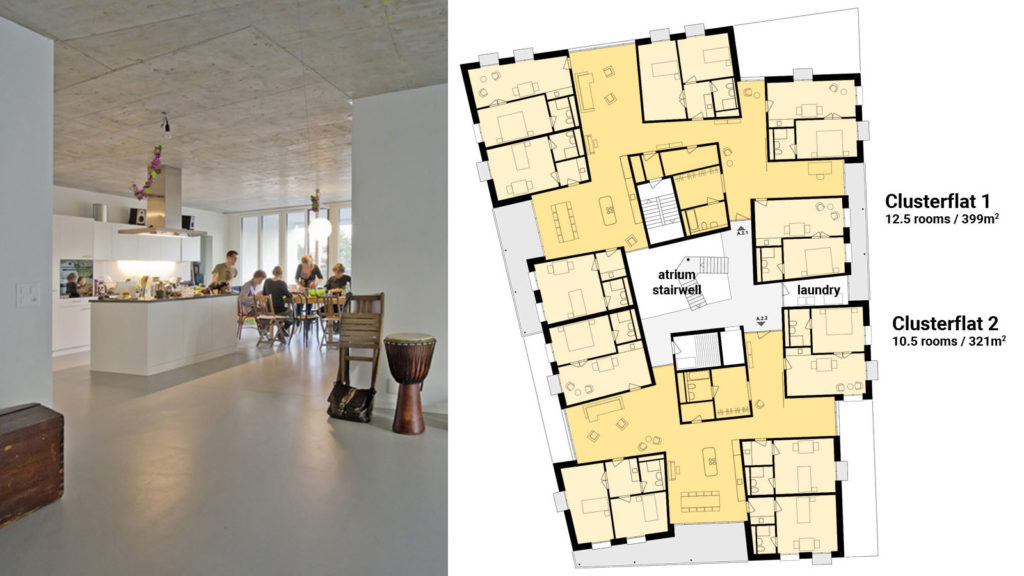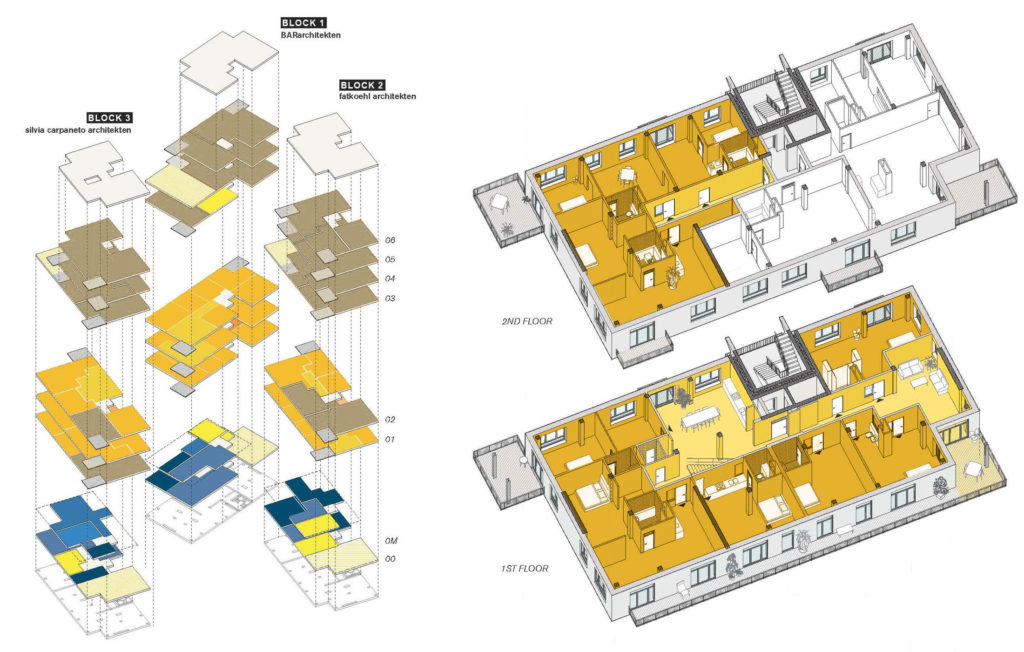LB Waltham Forest are seeking expressions of interest from CLH groups on whether they would like to purchase a site with planning, once the council have built it out.
Although such “package deal” or “off-plan” purchases are not common in community led housing concepts, they could provide a quicker way of living in community, which we would like to explore.
The council has already got planning permission for the Central Parade site in Walthamstow, and intend to build out the scheme, and are exploring interest amongst CLH groups to purchase the opportunity, either once it’s been built out, or earlier.
The permitted scheme is mixed tenure with 11 market sale, 8 intermediate, and 2 rented, with more information in the Design & Planning Statements. The council are seeking around £1m-£1.25m for the opportunity.
Interested CLH groups should complete the questionnaire at the bottom of this link by Friday 26 June.
We are also very interested to hear from households or people who might like to form a group around this site. Take control of how the building is managed, how the community works, and how the shared garden / yard and ground floor non-residential spaces could be used.
Please get in touch on info@communityled.homes.

